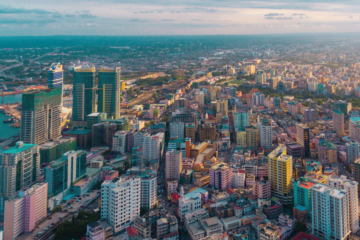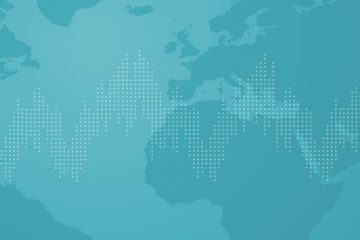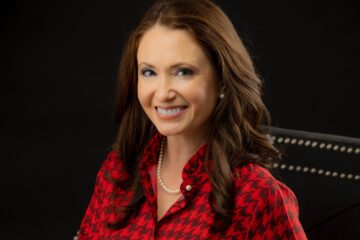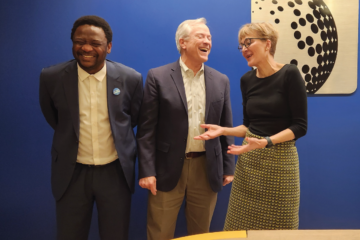Date
November 12, 2019
Author
Campaign to raise awareness and catalyze action announced during ICPD25 in Nairobi in partnership with Special Olympics Kenya and Women Challenged to Challenge
NAIROBI, November 13, 2019—Population Reference Bureau (PRB), in collaboration with Special Olympics Kenya and Women Challenged to Challenge, today announced a new initiative to raise awareness and strengthen protections for the rights and safety of the 1 billion people with disabilities around the world.
The announcement was made at the UN’s International Conference of Population and Development (ICPD25) currently underway in Nairobi. The campaign is kicking off in Kenya, where PRB is providing seed funding to develop tools and strategies to address challenges facing this community. A 2018 study by the United Nations Population Fund (UNFPA), Young Persons with Disabilities: Global Study on Ending Gender-Based Violence and Realising Sexual and Reproductive Health and Rights, showed that people with disabilities face a higher risk of physical and sexual abuse and are routinely denied access to sexual and reproductive health services.
“As we strengthen sexual and reproductive health and rights globally, it is crucial that we reach our most vulnerable communities,” said Jeff Jordan, president of PRB. “We are pleased to join with Special Olympics Kenya, Women Challenged to Challenge, and others to ensure that women and young people with disabilities get the information and support they need to make their own sexual and reproductive health decisions.”
Although the sexual and reproductive health and rights of people with disabilities are protected by international charters and conventions, as well as many national laws and policies, they frequently face violence and discrimination. Girls and young women with disabilities are at highest risk for violence. They are also least likely to be educated about their sexual and reproductive health and rights, putting them at greater risk of exploitation, unplanned pregnancy, and sexually transmitted infections.
Susan Masila, executive director of Special Olympics Kenya said, “Persons with intellectual disabilities face greater occurrences of sexual abuse and gender-based violence, which largely go unreported, and they’re not given the opportunity to exercise their rights when making decisions about their sexual and reproductive health. Individuals with intellectual disabilities have almost no opportunity to receive sexual and reproductive health education. We need to build systems and practices that are responsive and inclusive to persons with intellectual disabilities.”
“A recent survey by Women Challenged to Challenge shows that women and girls with disabilities encounter more barriers and discrimination when seeking the same SRHR services sought by other women of reproductive age,” said Jane Kihungi, director of Women Challenged to Challenge. “Health care facilities and providers must make more effort to respond to the needs of women and girls with disabilities. We must fully implement laws, policies, and guidelines related to SRHR and embrace a spirit of not leaving anyone behind.”
The UNFPA study, which aggregated original research from various sources, also shows that:
- Girls and young women with disabilities are not seen as needing information about sexual and reproductive health and rights or as being capable of making their own decisions about their sexual and reproductive lives.
- Children with disabilities are nearly three times more likely than children without disabilities to be subjected to sexual violence, with girls at the greatest risk.
- Young people with disabilities under the age of 18 are almost four times more likely to be abused than their peers without disabilities. Youth with intellectual disabilities, particularly girls, are especially vulnerable.
About Population Reference Bureau (PRB)
Contact: Liselle Yorke
PRB informs people around the world about population, health, and the environment, and empowers them to use that information to advance the well-being of current and future generations.
About Special Olympics Kenya
Special Olympics is a global organization that serves athletes with intellectual disabilities working with hundreds of thousands of volunteers and coaches each year. Since the establishment of Special Olympics in 1968, the number of people with and without intellectual disabilities who are involved with the organization has been growing, but the unmet need to reach more people with intellectual disabilities is staggering. Founded in 1978, Special Olympics Kenya was the first program established in Africa.
About Women Challenged to Challenge
Since 2001, WCC has given a collective voice on matters touching the lives of women with disabilities (WwDs) in Kenya. Through WCC, WwDs are able to lobby and advocate for issues of self-development with a unified voice. While working for a common national purpose for WwDs, WCC also has over 1,300 individual members, including those with different disabilities.


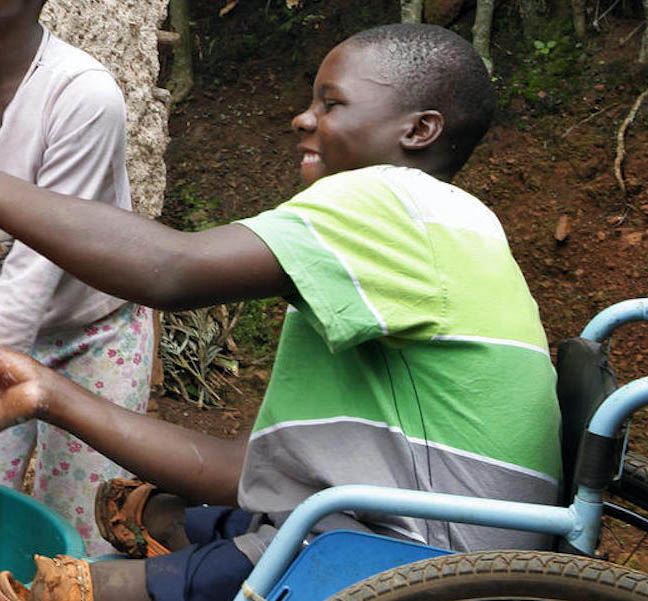 ">
">

